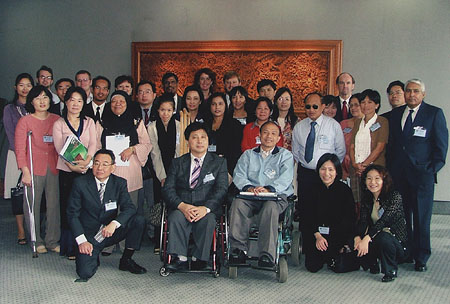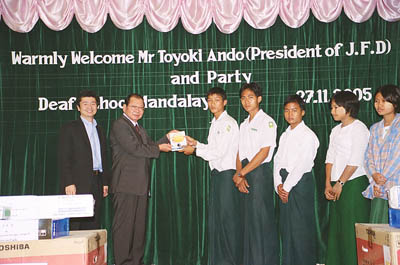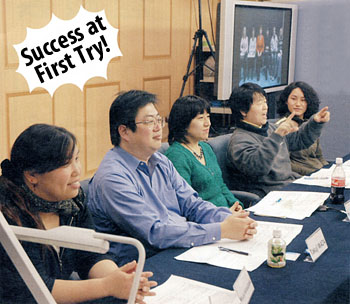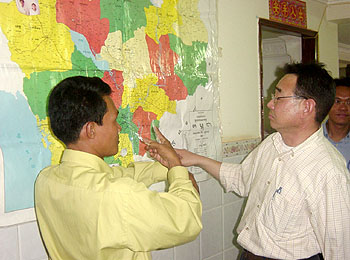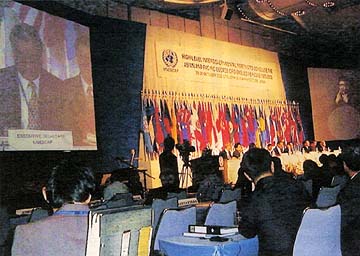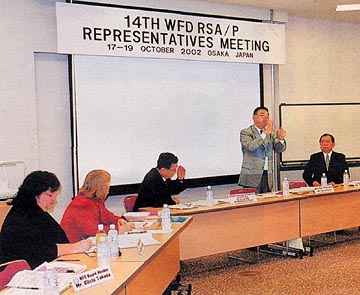On Tuesday, October 15, 2024, a lecture on deaf interpreting activities was co-hosted by International Relations Committee and Information Access and Communication Committee of Japanese Federation of the Deaf.
Mr. Arnas Brajinskas from Lithuania, a leading expert in “Sign Language interpreting,” delivered a lecture on “The history of the deaf movement and sign language interpreting in Lithuania”. A total of 230 people participated in his lecture, both online and in person.
Mr. Brajinskas emphasized the importance of establish training program for deaf interpreters and fostering the collaboration between deaf and hearing interpreters to enhance the quality of interpreting service. For more details of the lecture, please refer to https://www.jfd.or.jp/2024/09/12/pid27599 .)
